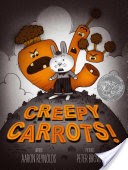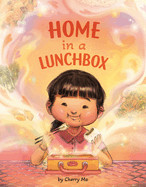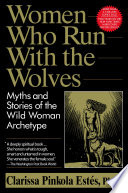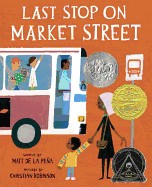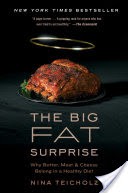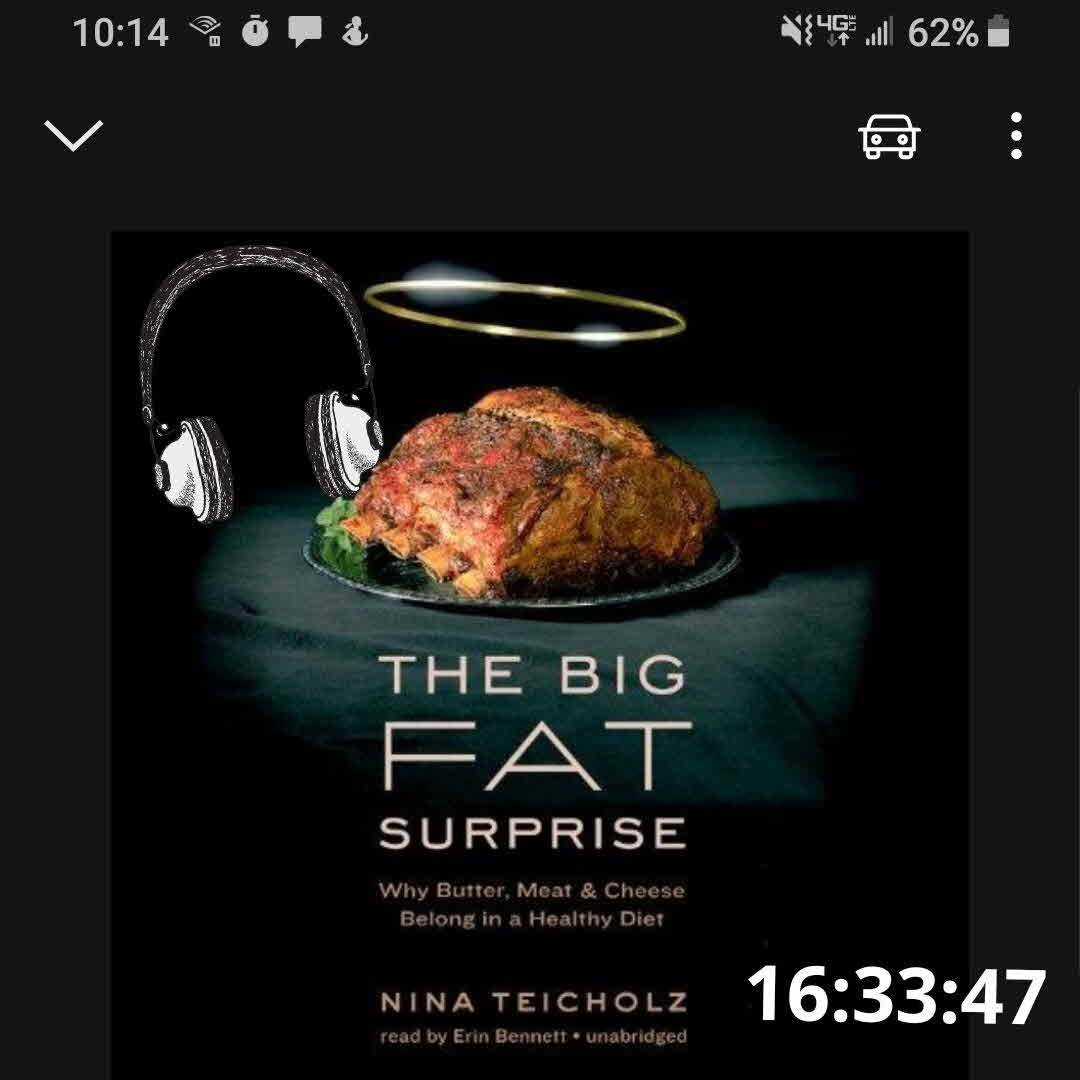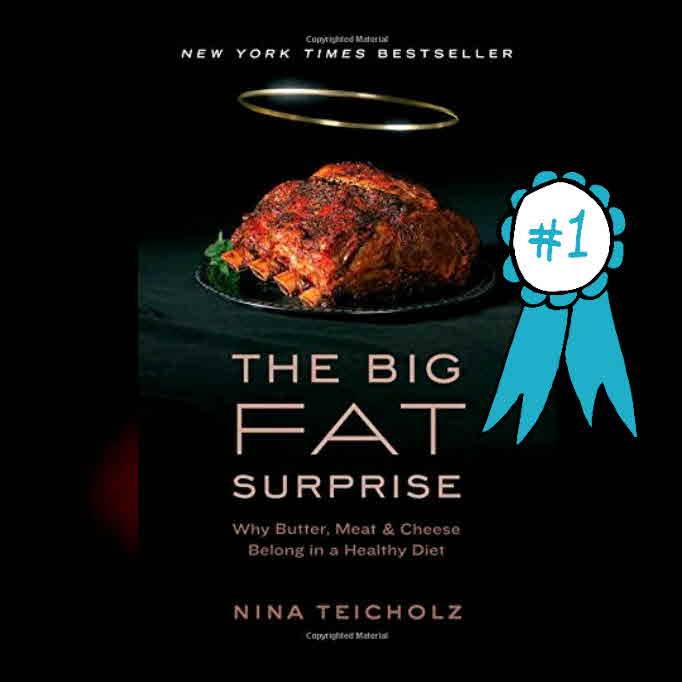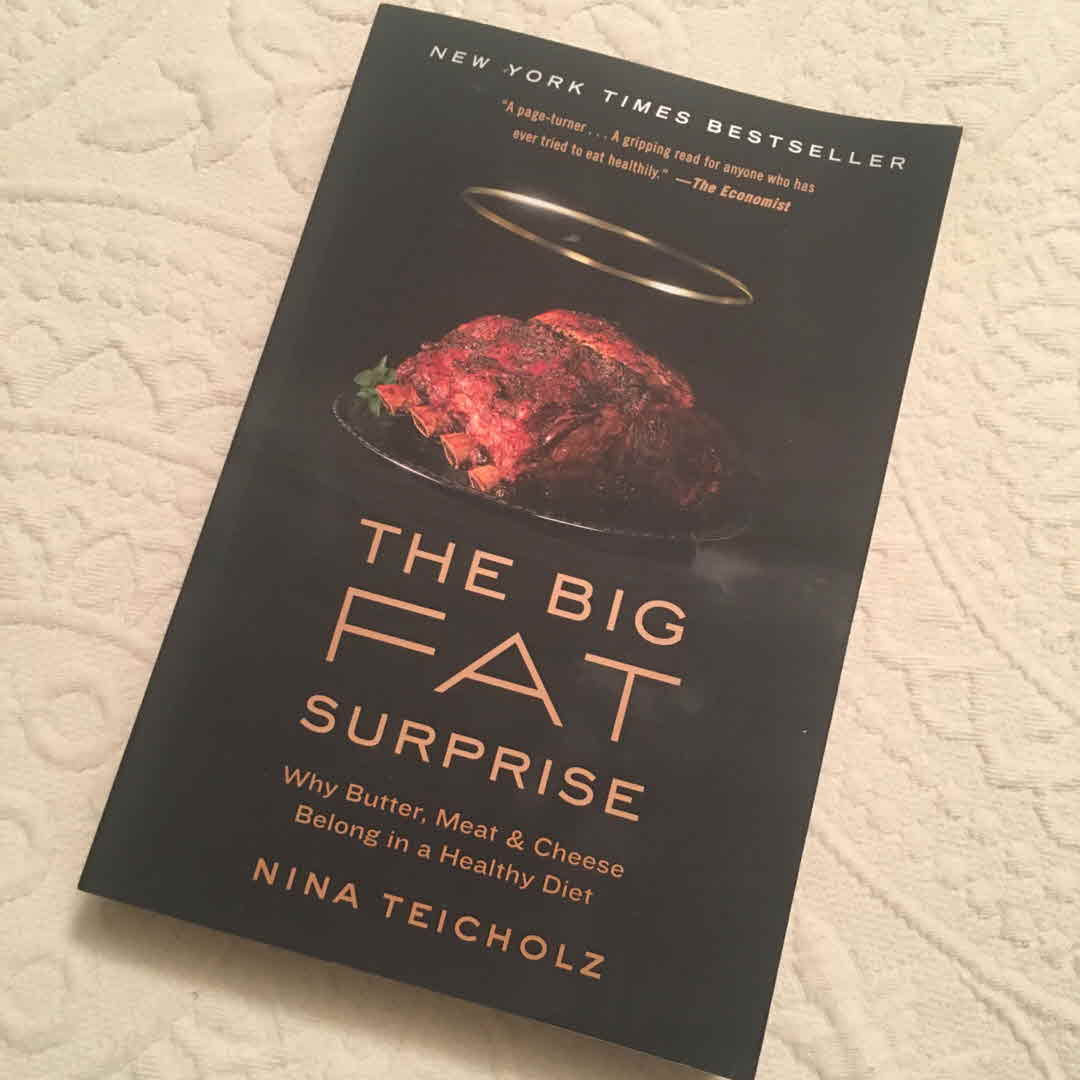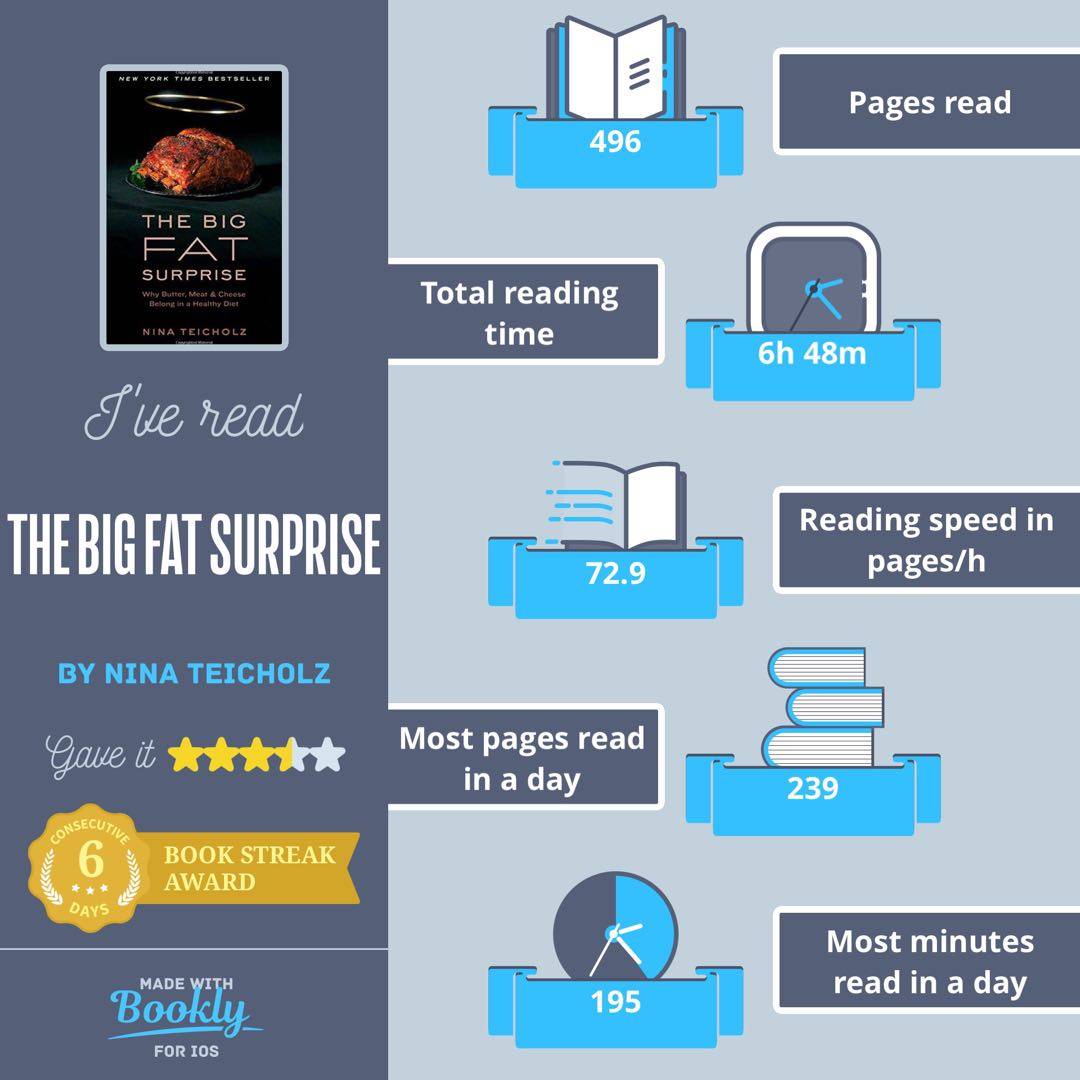
A lot of interesting analyses of studies that have driven our national eating recommendations and beliefs about what constitutes healthy eating. The end analysis is that carbs are the main culprit of many diseases and we should be eating more fats, which is the eating plan I arrived at years ago, but it is still fascinating to read about how some of the most commonly held beliefs were established.







